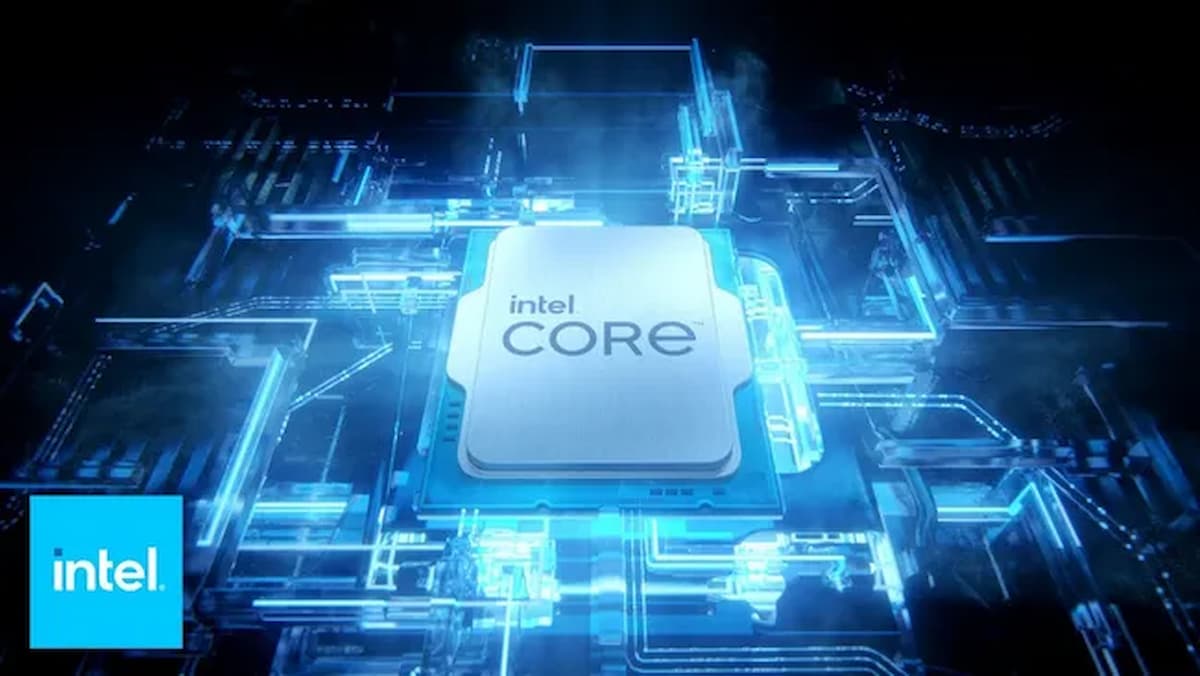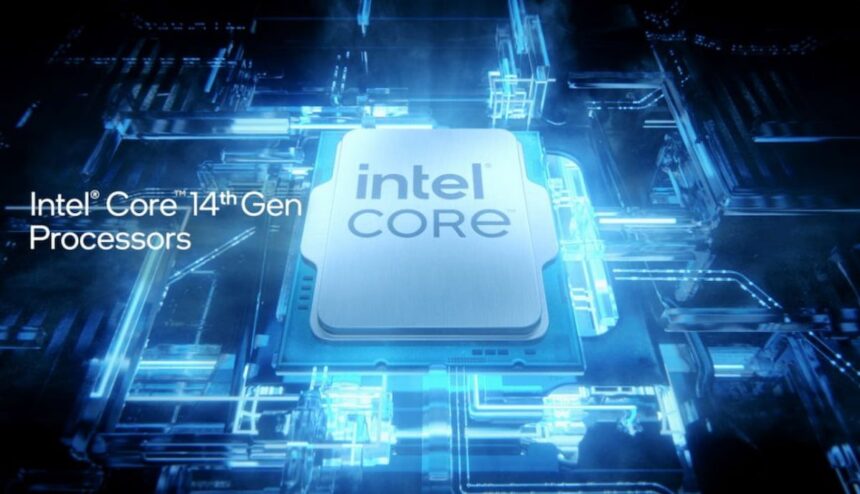In 2024, Intel has been heavily focused on addressing a significant issue affecting high-end Intel Core processors, particularly in desktop models from the 13th and 14th generations. These issues, which caused crashes and malfunctions, have been the subject of thorough investigation over several months. However, it’s important to note that these problems do not involve Lunar Lake processors.
In April 2024, Intel initially suggested that the problem might be linked to motherboard configurations. However, the company continued its investigation and recently released a microcode update to resolve the error permanently. This update is designed to eliminate crashes and improve the stability of these high-performance CPUs. Here’s a breakdown of Intel’s latest findings and fixes.
Intel wants to solve the failure of its high-end CPUs with a microcode update.

Intel has invested significant time and resources in identifying and resolving a persistent issue affecting high-end Intel Core processors in desktop systems. After extensive investigation, the company discovered that the root cause of these crashes and malfunctions was related to high voltage requests made by the CPUs, which gradually compromised their stability and performance. In response, motherboard manufacturers began releasing BIOS updates to adjust power settings, but Intel’s continued research led to a more comprehensive fix.
As revealed by Tom’s Hardware, the problem stems from a combination of four key issues:
- Excessive default voltage values on motherboards.
- A failure that prevented CPUs from reducing power when overheating.
- CPUs receive high voltage for prolonged periods.
- A bug that allowed CPUs to receive high voltage while idle.

Intel has now released a 0x12B microcode update addressing these issues. This update is expected to resolve the core problem, allowing CPUs to regulate power and heat better, ensuring long-term stability and improved performance. Motherboard manufacturers are encouraged to release BIOS updates when this new microcode is integrated.
The affected models include 13th and 14th generation Core i5, i7, and i9 processors from the K, KF, and KS series. However, lower-end processors like Core i3 and i5 models and 12th-generation CPUs are not impacted by these failures but may still benefit from performance improvements thanks to the microcode update.
Additionally, Intel has extended the warranty on these processors from 3 to 5 years, providing extra coverage in cases where the microcode cannot resolve the issue and the hardware is damaged. This extended warranty offers peace of mind for users dealing with potential hardware failures caused by these voltage-related problems.










